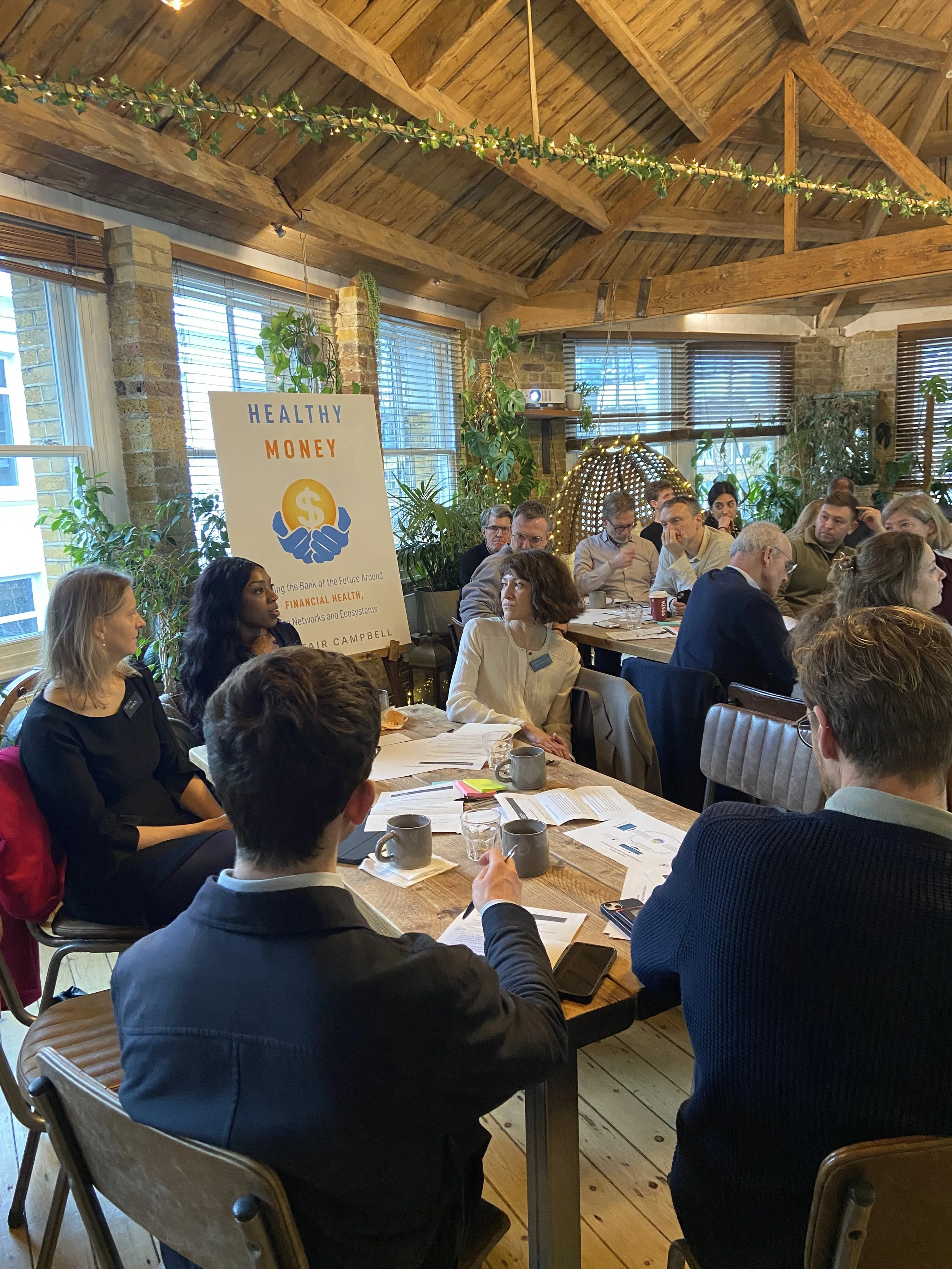Expanding Route to Market Strategies Through the Economics of Mutuality
March 2025
Mars China is setting a new standard for business innovation by embedding the Economics of Mutuality operating model into its Township Program—an initiative designed to generate sustainable growth in rural China while creating long-term value for society. By redefining success beyond financial performance, Mars is demonstrating how businesses can profitably thrive by investing in human, social, and financial capital simultaneously.
Mutual Growth Through Innovative Business Models
Launched in 2021, the Economics of Mutuality Township Program applies the Economics of Mutuality operating model to reshape Mars’ Route to Market (RTM) strategy while improving economic opportunities for young adults in China’s small towns. Unlike traditional market expansion approaches, this program is built on mutual value creation—ensuring that economic benefits extend not just to Mars, but to individuals, communities, and the wider retail ecosystem.
The model works by empowering young entrepreneurs to become micro-distributors of Mars' snacking products, allowing them to build sustainable businesses in their hometowns. These partners are not simply vendors—they are integrated stakeholders in a mutually beneficial ecosystem.
By 2024, the program had expanded to 26 provinces, autonomous regions, and municipalities, engaging over 400 township partners who supply nearly 60,000 small-town shops. With continued recruitment and expansion into traditional trade outlets, it is projected to contribute a significant increase in incremental net sales value by 2027. This business model innovation proves that scaling a company’s market reach does not require a zero-sum approach—mutual success is possible when businesses align their growth with societal needs.
Case Study Film
A New Definition of Success:
Investing in Human and Social Capital
One of the most striking impacts of the program can be seen in the story of Gao Xiuhuai, a Township Partner who has expanded his network of partner stores from 100 to over 200 since joining in 2021.
Unlike traditional corporate distribution strategies, Mars encourages its Township Partners to sell products from other brands—including competitors—to help them strengthen their businesses. This philosophy, rooted in the Economics of Mutuality operating model, ensures that Mars’ partners build sustainable careers that are resilient beyond a single brand relationship. As a result, Gao has become a trusted figure in his community, attracting additional retail brands to his network and driving broader economic benefits.
Beyond financial outcomes, Mars has witnessed a profound impact on the personal growth and confidence of its Township Partners. Associates who have worked with Gao for years note that he is far more outgoing and engaged than before—an example of how investing in human capital fosters empowerment and resilience at an individual level.
The Power of a Mutuality-Based Business Model
Wang Ke, Vice President of Commercial and Sustainability at Mars China, highlights why Mars has embraced the Economics of Mutuality operating model as a core business strategy rather than a corporate social responsibility initiative: “As a family-owned business, Mars does not limit its decision-making to short-term quarterly considerations. Instead, we take a longer-term perspective—looking at one generation or even multiple generations ahead. This allows us to make deeper and more lasting investments and plans without being constrained by the need to report strict financial results every quarter.”
Measuring Success Beyond Profit
Mutual Value Labs’ Lynda Chen explains how the Township Program’s impact assessment goes beyond traditional financial metrics: “Mars is building a purpose-centric, mutual value-based ecosystem—one that generates economic returns while also upholding responsibilities to society and people. The Economics of Mutuality operating model ensures that we measure impact holistically—evaluating not just income generation but also skill development, social trust, and long-term resilience.”
Chen explains that when designing the impact evaluation standards for the program, the focus isn’t solely on improving the partners' financial situation. It also looks at whether the partners have gained new skills, experience, aspirations, and whether they have built trust and cohesion in the community. In short, the evaluation provides a comprehensive assessment of their growth in three key areas: human capital, social capital, and financial capital within the Economics of Mutuality operating model.
To ensure these outcomes, the program conducts regular follow-ups with partners to track their personal development and changes in their lives. This ensure that partners receive ongoing support, allowing them to refine their business strategies and continue their development in a way that is both profitable and meaningful.







Business for Good, Good for Business
By applying the Economics of Mutuality operating model into its core business model, Mars is proving that companies can achieve profitable growth while strengthening society. The Township Program is not just about selling products—it is about building a sustainable, self-reinforcing ecosystem where business success and societal well-being are intrinsically linked.
As Mars continues to expand the program, it serves as an example for how global businesses can rethink Route to Market (RTM) strategies to create real economic and social transformation.
If you’d like to explore how your company could build mutual value creation into its business model, click the button below to set up a call with one of our consultants.





